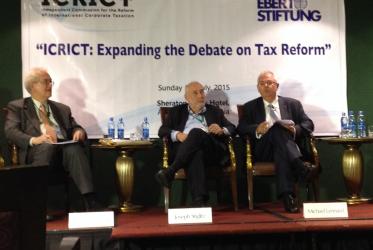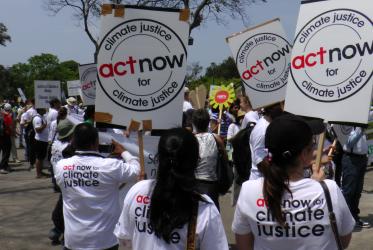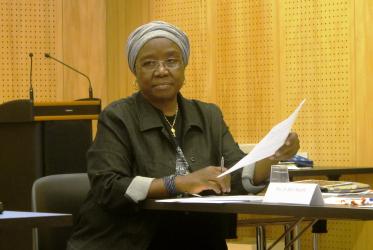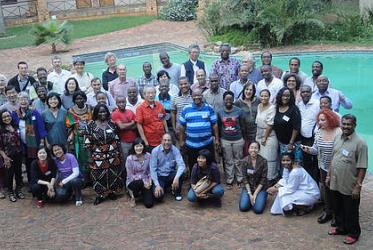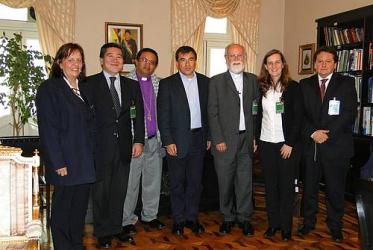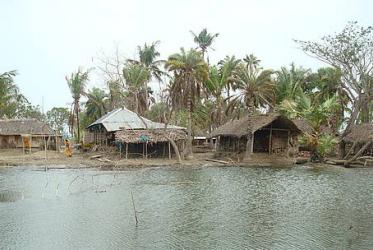Displaying 101 - 116 of 116
Churches' “prophetic voice” will be busy in 2015
18 June 2015
Ecumenical panel promotes economic justice
17 January 2014
Churches engage in development dialogue on Africa
06 March 2013
Statement on global economy delivered to Bolivia
15 January 2013
Letters to the future: Eco-justice visions in South Africa
13 December 2012
Religious voices advocate for climate justice at Durban
28 November 2011
